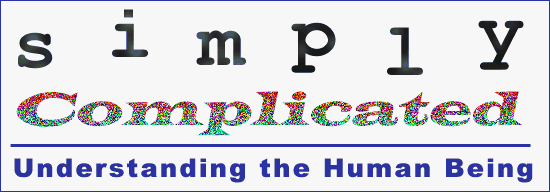About This Book
Human beings are the most complicated species on Earth. Looking at ourselves from this angle, however, is where we begin to stumble when we try to understand ourselves and what makes us do what we do. We become entangled in detail and relentless argument about the uppermost layers of what it is to be human. But it is the bottommost layers that we must understand first. Once they are understood, we can more clearly understand the other layers and how those layers came to be formed.
This is what Simply Complicated: Understanding the Human Being is about. It begins by focusing on the basic characteristics human beings share with other species--including survival, the most basic of all. And, in fact, it is this characteristic that drives all of our other characteristics. Our means of survival, however, are where we add characteristics not found in other species...and this is where things get complicated.
Simply Complicated... looks at the primal instincts of human beings and the means humans have for survival, and goes through our reasons for living together in groups, the differences between males and females, how we settle our differences, religion, and more. But all of the piece revolves around our basic instincts and how these instincts drive us.
The format of Simply Complicated... is an objective report (as if written by a nonhuman observer), with subjective annotations dispersed throughout (as if they were notes written by a human upon reading the report). The piece is not long (a little over 1,000 words) but that is by design; the object of the book is to simplify the subject, not weigh it down. If readers can grasp the basics of who humans really are, then perhaps they can more readily pursue the complicated nature of what it is to be human
eing. To quote from the book:
"All of us...from the first human to the last, whatever culture, language, or race, whatever the age we lived in...are basically the same. The more we look outside our individual selves and recognize who we all are, the better our chances of surviving and advancing as a species."
Harry W. Yeatts Jr.
Title Page
